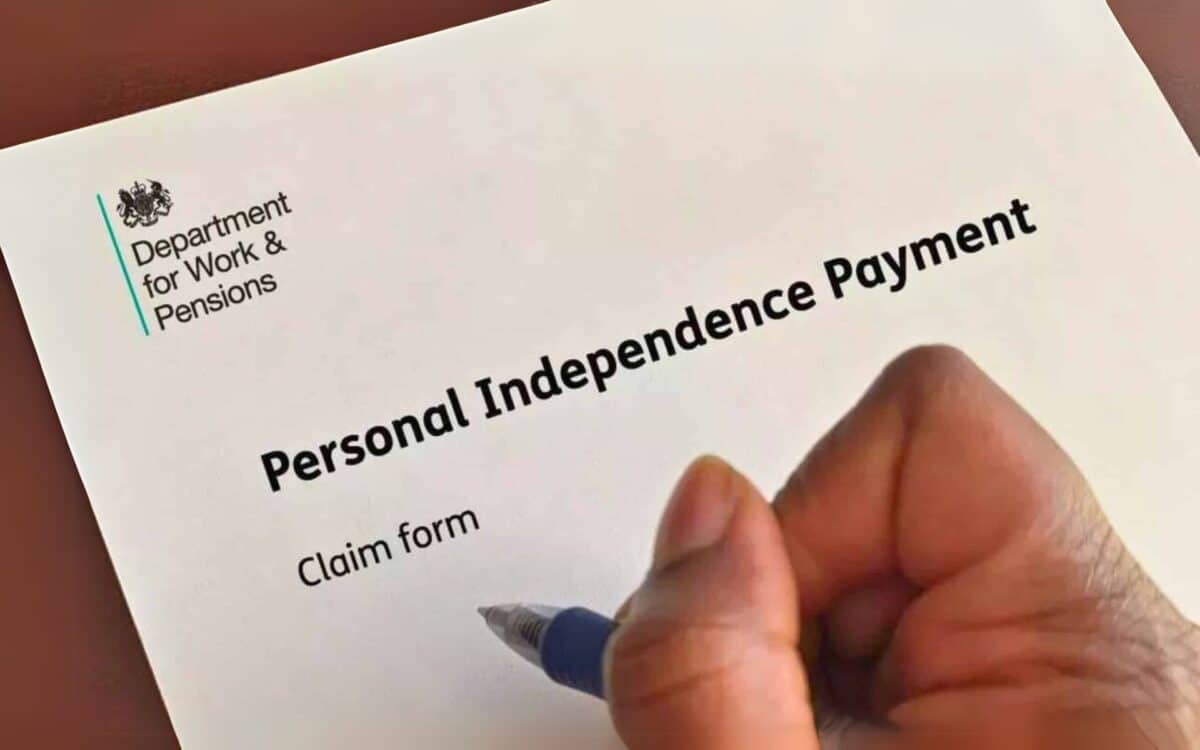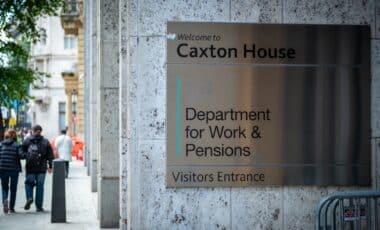A growing debate is unfolding around proposed reforms to Personal Independence Payment (PIP) and other critical disability benefits administered by the Department for Work and Pensions (DWP). These potential changes are drawing significant attention from experts, advocacy groups, and affected individuals alike, with concerns mounting over how they could reshape the financial and practical support systems that millions of disabled Britons rely on. If implemented, the reforms could have far-reaching consequences, altering access to essential resources and impacting the daily lives of some of the most vulnerable members of society.
Why Proposed Cuts Are Sparking Concern
Recent reports suggest that Labour’s economic plans include substantial cuts to the DWP budget. This would include stricter rules on PIP eligibility, potentially impacting individuals who rely on these payments for essential needs such as healthcare, equipment, and heating. Disability advocates argue these changes could have a devastating impact, citing the additional £1,000 per month, on average, that disabled people incur in living costs.
David Southgate, policy manager at Scope, a leading disability charity, warned that for many, PIP is not a luxury but a lifeline. “Taking further support away would be devastating,” Southgate emphasised.
Economic Pressures Behind the Changes
The push for reform stems partly from economic pressures, with disability benefit costs forecast to soar to £35 billion annually by 2029. Mental health-related claims, in particular, have surged, with monthly new claims for anxiety or depression more than doubling between 2019 and 2023.
Labour’s proposals reportedly aim to streamline the benefits system, shifting away from binary categories of “fit for work” or “not fit for work.” However, critics fear these changes could prioritise cost-cutting over addressing the needs of vulnerable populations.
Breakdown of Economic Factors
Here’s a summary of the key economic drivers influencing the proposed changes:
- Rising costs: Disability benefits are set to rise by 6% annually, reaching £35 billion by 2029.
- Mental health claims: New PIP claims for anxiety or depression rose from 2,200 per month in 2019 to 5,300 in 2023.
- Wider market pressures: Increased government spending on long-term illness and disability coincides with high interest rates and economic uncertainty.
What Reforms Might Include
Labour leaders have signaled plans to impose stricter medical evidence requirements for PIP claims and increase the burden of proof for eligibility. Although outright replacement of cash payments with vouchers has been dismissed, other alternatives to weekly payouts are under review.
Below is a summary of potential changes being considered :
| Proposed Reform | Key Details |
|---|---|
| Stricter medical evidence requirements | Enhanced proof of disability or illness needed to qualify |
| Adjustments to eligibility for mental health | Narrowing the range of qualifying mental health conditions |
| Alternatives to weekly cash payments | Exploring non-cash support options while maintaining core benefits |
| Reducing binary work classifications | Moving away from “fit for work” vs. “not fit for work” categories |
Reforms would build on past proposals from Rishi Sunak’s premiership, which similarly sought to overhaul PIP and reduce the rising cost of disability benefits. Proponents argue these changes are necessary to ensure fairness for taxpayers and support for those transitioning into the workforce.
Potential Implications for the Disabled Community
Advocacy groups argue that any reform must carefully balance fiscal responsibility with the realities faced by disabled individuals. Without proper safeguards, cuts to PIP could lead to increased hardship, particularly for those already struggling with basic living expenses. Critics urge the government to engage directly with disabled people in shaping these reforms.
Key Concerns Raised by Advocates
- Essential needs at risk: PIP supports costs like heating, transportation, and specialised equipment.
- Economic disparity: Disabled individuals face an average of £1,000 in additional monthly expenses.
- System complexity: Changes could make navigating benefits more difficult for vulnerable groups.
Moving Forward
The government is nearing the conclusion of its spending review and budget planning, leaving the future of DWP-administered disability benefits in a delicate balance. Heated debates are expected in the coming months, focusing on the challenge of managing economic pressures while safeguarding the dignity and essential support for disabled individuals across Britain.
The proposed changes to PIP and other DWP disability benefits reflect broader economic pressures but raise serious questions about their social impact. Balancing financial sustainability with support for the disabled community will require thoughtful planning and inclusive dialogue.









